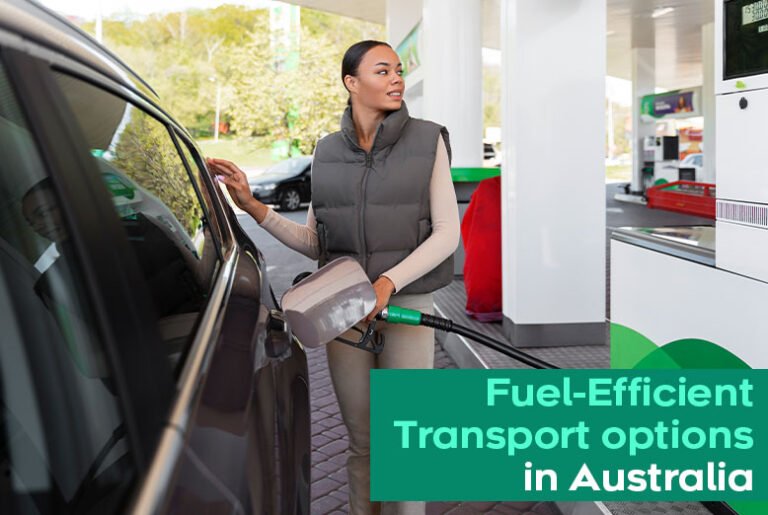As our population keeps growing, so do demands for transport. Scientists and non-government organisations warn that we can’t keep going burning traditional carbon-emitting fuels at an accelerating rate; we need alternative, sustainable options. So what are those transport options that have fuel efficiency in mind? We take a look at the new developments – and few you may not have heard of.
Public transport
One of the tried and true methods of reducing fuel consumption is for people to ditch their cars altogether and ride public transport. With a transition from fossil to renewables, riding electric trams, trains, and buses means a cleaner environment and reduced carbon footprint for all. PT has its drawbacks if you need to go somewhere specific or have things to carry, however. There are still many different options.
Fuel-efficient petrol and diesel
Fuel efficiency in petrol and diesel (or together, Internal Combustion Engine) cars has come a long way over the last few years, “breaking” the 5L/100km or fewer barrier. Cars such as the Hyundai Aura or Honda Amaze sip fuel almost as well as performance hybrids, meaning you’re spending less on petrol or diesel and more time on the road between petrol stops.
Electric vehicles
By far the most fuel-efficient type of private transport is an electric vehicle, either as a hybrid or a fully battery powered vehicle. Hybrids use fuel as well as a battery, and their fuel efficiency consistently beats most ICE cars on the market. A battery EV (BEV), despite a slightly higher sticker price than an ICE vehicle may slash up to two thirds of your usual running costs (looking at an MG4 vs a Toyota Corolla Hybrid) as well as up to 70% of your maintenance costs on average. You can also offset some of the sticker price by taking up state and federal government incentives or Green Car Loans, which offer discounted auto loan rates for fuel efficient vehicles.
Car sharing
To make a real impact on the environment is to only use a car when you absolutely need it, which is where car sharing comes into play. You can hire a car for personal use – getting groceries to and from the shops for example – in hour or more blocks. FlexiCar and GetGo offer these hire-as-you-go car services, which means many people are serviced by the same car; offering the carbon offsets of public transport with the convenience of private; and minus all the costs of ownership.
eScooters and eBikes
A popular option in urban and inner-city centres, private or hire-as-you-go eScooters and eBikes are becoming prevalent as quick, easy transport to and from “too far to walk, but too close to drive” destinations. You can hire a scooter or bike using your smartphone and get to where you’re going much faster than walking. The upside for consumers is that they’re readily available, and also reduce car traffic in already clogged city streets.
There’s so many sustainable transport options out there – so make the most of them!



